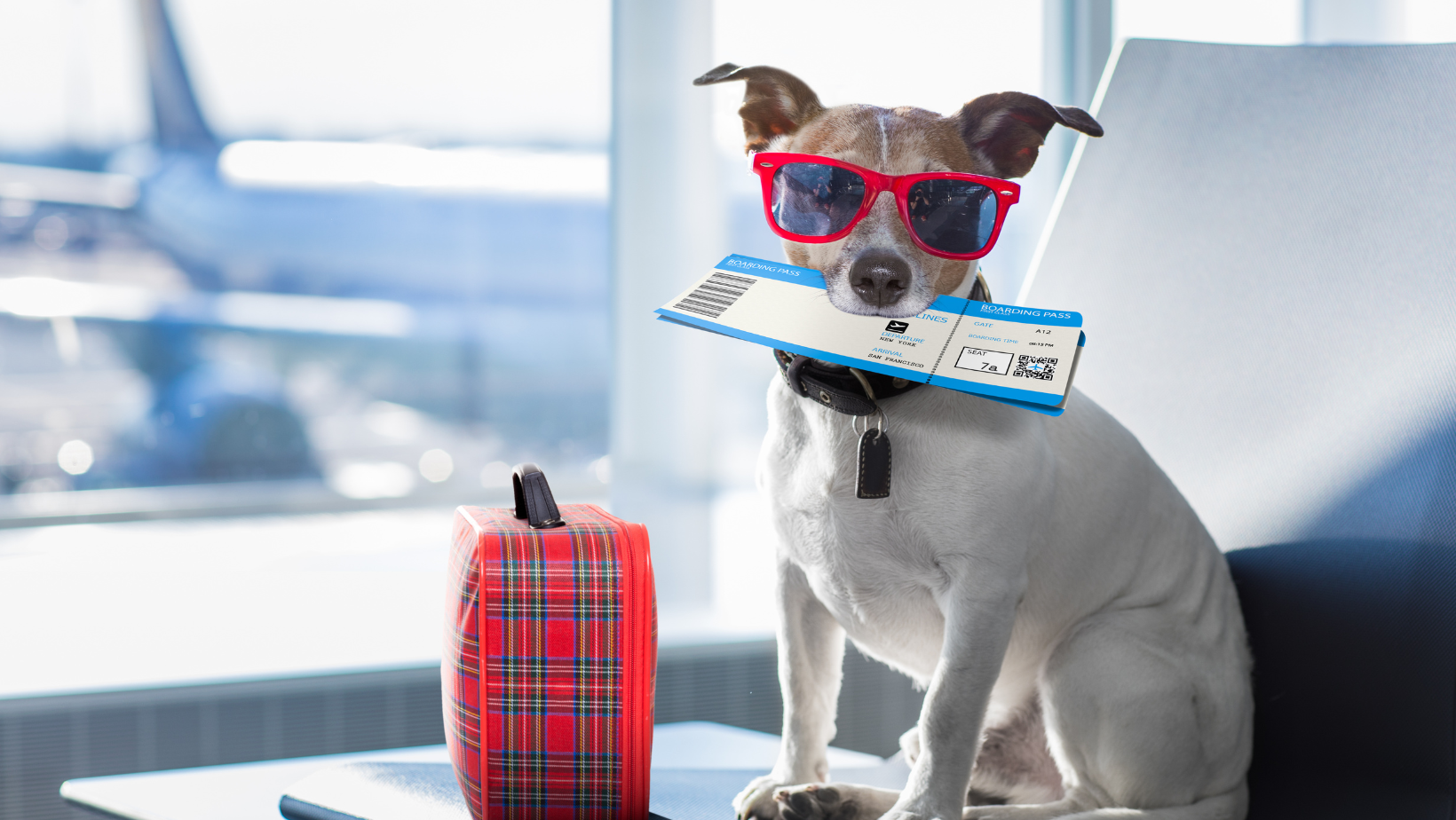Thailand is a wonderful place to visit with your pet, but there are important rules to follow. Here’s a guide to help you bring your dog or cat into the country smoothly.
Microchip Your Pet
All dogs and cats entering Thailand must be microchipped with an ISO-compliant microchip. Your local veterinarian can assist you in this process. The microchip provides a unique 15-digit identification number for your pet, which must match all documentation accurately.
Health Certificate
To bring your pet into Thailand, they must be healthy and free from diseases. You’ll need to present an animal health certificate endorsed by your vet and a government-authorized official from your home country. This certificate should clearly state that your pet is in good health and fit for travel, and it should include vaccination, identification, and ownership details.
The health certificate is valid for ten days from the date of issue, so plan your travel accordingly to ensure timely arrival in Thailand.
Rabies Vaccination
If your pet has resided in a rabies-free country for at least 12 months, a rabies vaccination is not required to enter Thailand. However, it’s still recommended for their safety. If your pet is coming from a non-rabies-free country, they must be vaccinated with an approved rabies vaccine at least 21 days but no more than one year before traveling. The vaccination card must display all relevant information, including the date, batch number, and expiration date.
Thailand does not require a rabies titre test for cats and dogs arriving from any country.
Leptospirosis Vaccination
All pets traveling to Thailand must be vaccinated for Leptospirosis at least 21 days before their departure. Alternatively, your pet can undergo a Leptospirosis test with a negative result within 30 days of travel.
Other Vaccinations
For dogs, vaccinations against Distemper, Hepatitis, and Parvovirus are mandatory at least 21 days before departure. Cats must be vaccinated against rabies and Feline Panleukopenia Virus (FPV) within the same time frame. It’s also recommended to vaccinate your cat against other common diseases like Feline Cat Flu, Feline Viral Rhinotracheitis, and Chlamydia Psittaci before entering Thailand.
Parasite Treatment
Before traveling to Thailand, make sure your pet receives treatment for both internal and external parasites. This includes tick and flea prevention for external parasites and medication for tapeworms, heartworm, and other internal parasites. Consult your veterinarian for proper treatment, which should be administered approximately seven days before your departure date.
Import Permit
Your pet will need an Import Permit from the Department of Livestock Development in Thailand before traveling. This permit is valid for 60 days, and you can find the application on the department’s website. Make sure to complete this step well in advance of your travel date.
Choosing the Right Travel Crate
International pet travel requires an IATA-approved travel crate for both dogs and cats. Ensure the crate provides enough space for your pet to stand, turn around, and lie down comfortably. The crate should also be secure, nose-proof, and paw-proof to prevent any accidental injuries. Acquire the crate a few weeks before your travel date and introduce your pet to it gradually to make them comfortable with extended periods inside.
Quarantine
Pets that meet all import conditions and show no signs of illness upon arrival in Thailand are typically not subject to quarantine. However, quarantine decisions are at the discretion of quarantine officers, and pets requiring further inspection or testing may be quarantined for up to 30 days at an approved quarantine center. All costs related to tests and quarantine will be the responsibility of the pet owner.
Prohibited Breeds
Thailand has restrictions on certain dog breeds, including Pit Bull Terriers and American Staffordshire Terriers. These breeds are not allowed entry into the country.
Pet Transport to Thailand
Navigating the complex import requirements for pets can be challenging, as regulations may change without notice. To simplify the process, consider enlisting the services of an accredited pet travel agency, such as Petraveller, which specializes in pet transport. They can provide detailed advice and guidance to ensure a hassle-free journey for you and your beloved companion.
With proper planning and adherence to Thailand’s pet import regulations, you and your pet can enjoy all the wonders this beautiful country has to offer. Safe travels!



